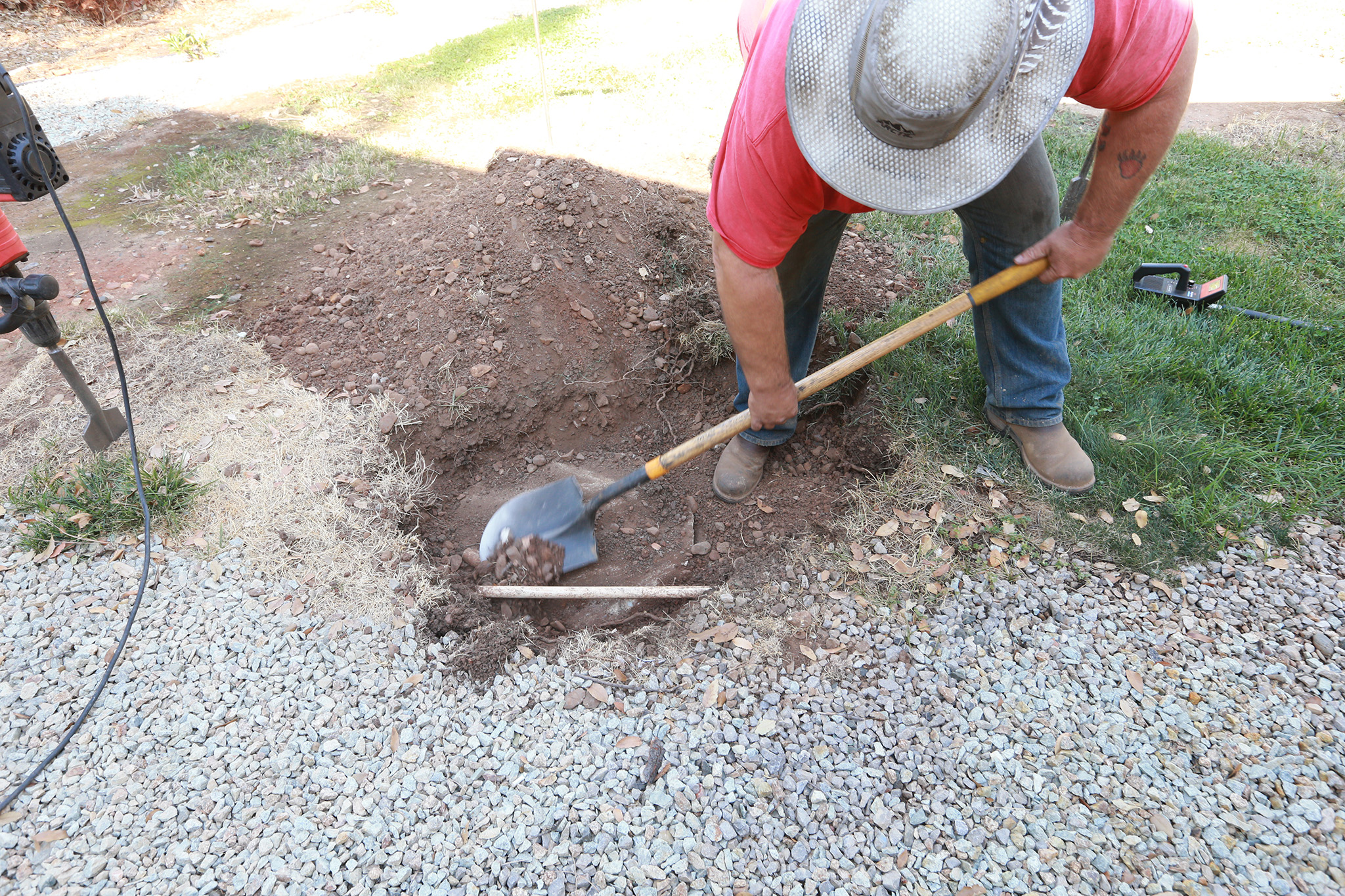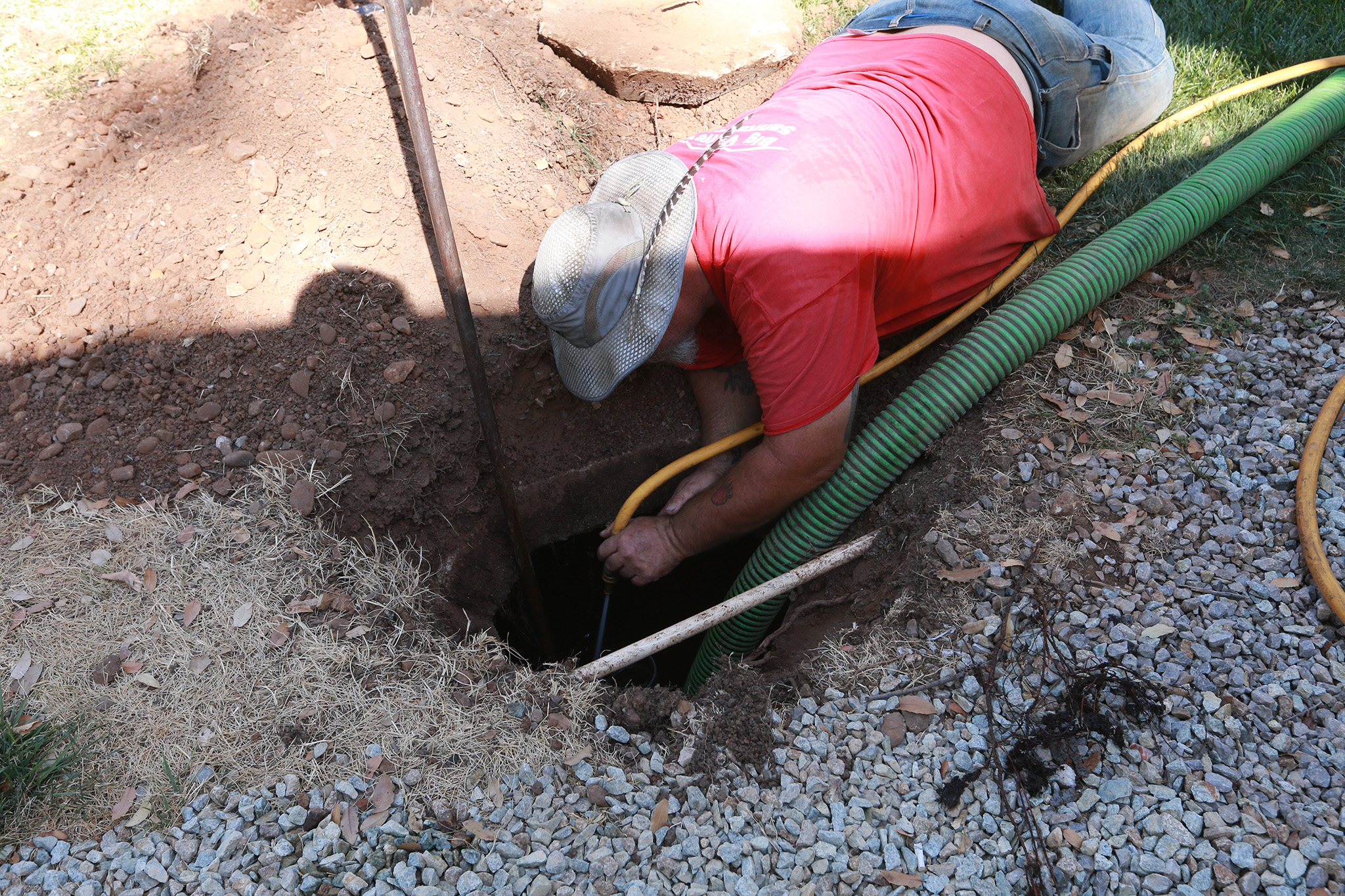Out of sight, out of mind—this phrase should never apply to your septic system. Often overlooked, yet crucial to your home’s sanitation, a well-maintained septic system is essential for the health of your family and the environment. Neglecting septic maintenance can lead to costly repairs, contamination of groundwater, and unpleasant odors. In this article, we’ll explore the importance of regular septic maintenance and provide practical tips to keep your system running smoothly.
Understanding Your Septic System
Before diving into maintenance, it’s essential to understand how your septic system works. A typical septic system consists of three main components:
- Septic Tank: This underground chamber receives wastewater from your home and allows solids to settle at the bottom, forming sludge, while lighter materials like grease and oils float to the top, creating scum.
- Distribution System: After the wastewater is treated in the septic tank, it flows into a distribution system that evenly disperses it into the drain field or leach field.
- Drain Field: In the drain field, effluent (the treated wastewater) is gradually released into the soil, where it undergoes further purification.
The Importance of Regular Maintenance
A well-maintained septic system offers several benefits:
- Preventative Measures: Regular maintenance helps identify issues before they become major problems, saving you significant repair costs down the road.
- Environmental Protection: A properly functioning septic system ensures that wastewater is treated and safely absorbed into the ground, preventing contamination of local water sources.
- Longevity: Proper care extends the lifespan of your septic system, delaying the need for expensive replacements.
Septic Maintenance Tips
- Schedule Routine Inspections: Aim for a professional inspection every 1-3 years, depending on system age and usage. Inspections can identify issues such as leaks, blockages, or tank damage.
- Pump Your Tank: Regular pumping is crucial to prevent sludge buildup. On average, septic tanks should be pumped every 3-5 years, but consult a professional for personalized advice.

- Watch Your Water Usage: Excessive water usage can overwhelm your septic system. Install low-flow fixtures, fix leaks promptly, and spread out laundry and dishwashing to reduce water flow into the system.
- Be Mindful of What Goes Down the Drain: Avoid flushing non-biodegradable items like paper towels, diapers, or feminine hygiene products. Also, limit the use of harsh chemicals, as they can disrupt the beneficial bacteria in your septic tank.
- Maintain Your Drain Field: Keep the area above your drain field clear of heavy vehicles and structures. Plant grass or shallow-rooted vegetation to prevent soil erosion and promote proper effluent absorption.
- Keep Records: Maintain a record of your septic system’s maintenance, inspections, and pumping schedules. This helps you stay on top of maintenance requirements and provides a valuable history for future homeowners.

Conclusion
A well-maintained septic system is an investment in your home’s long-term health and value. Neglecting it can lead to expensive repairs and environmental damage. By following these septic maintenance tips and scheduling regular inspections, you can ensure that your septic system operates efficiently for years to come, protecting both your family and the environment. Remember, when it comes to your septic system, prevention is the key to a worry-free and healthy home.


 Facebook
Facebook
 X
X
 Pinterest
Pinterest
 Copy Link
Copy Link




